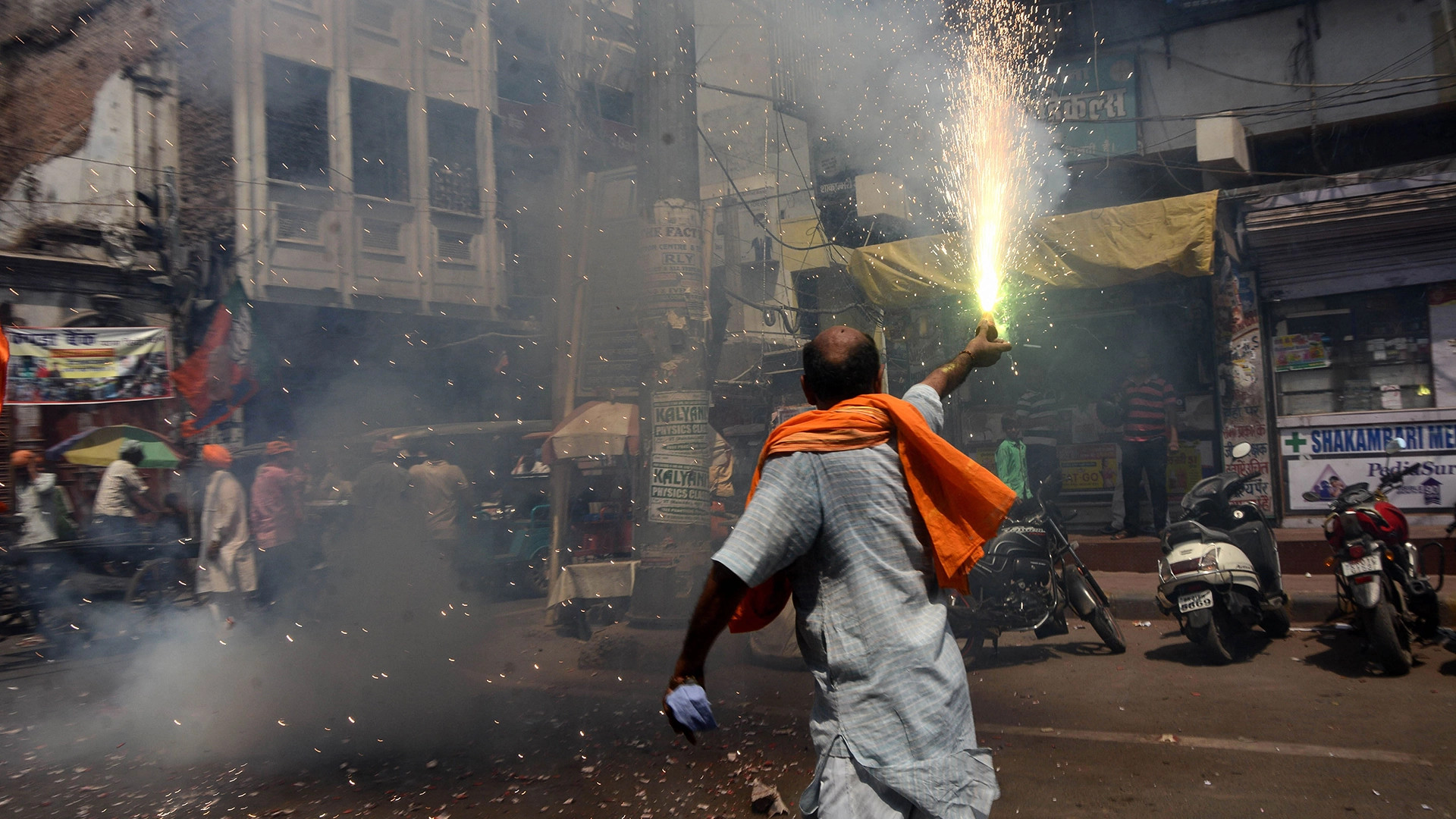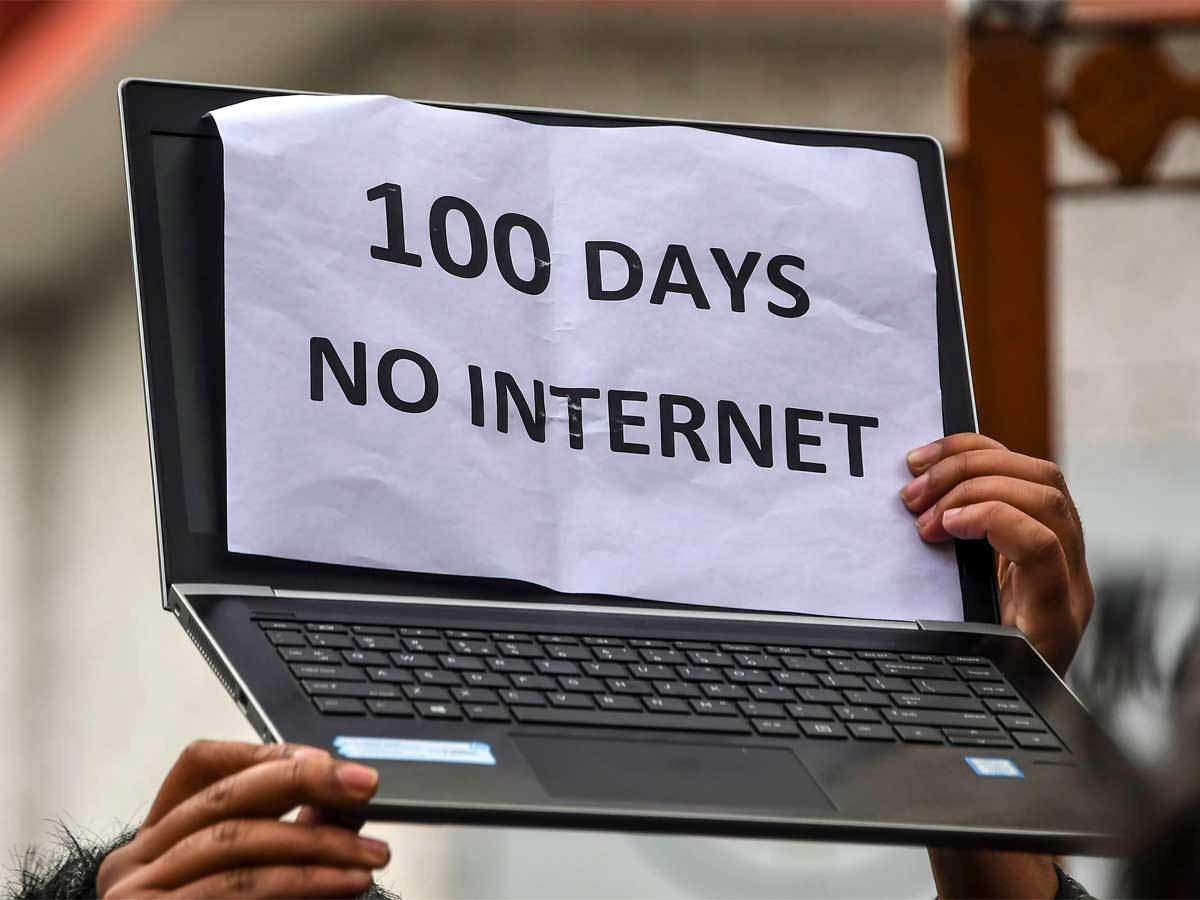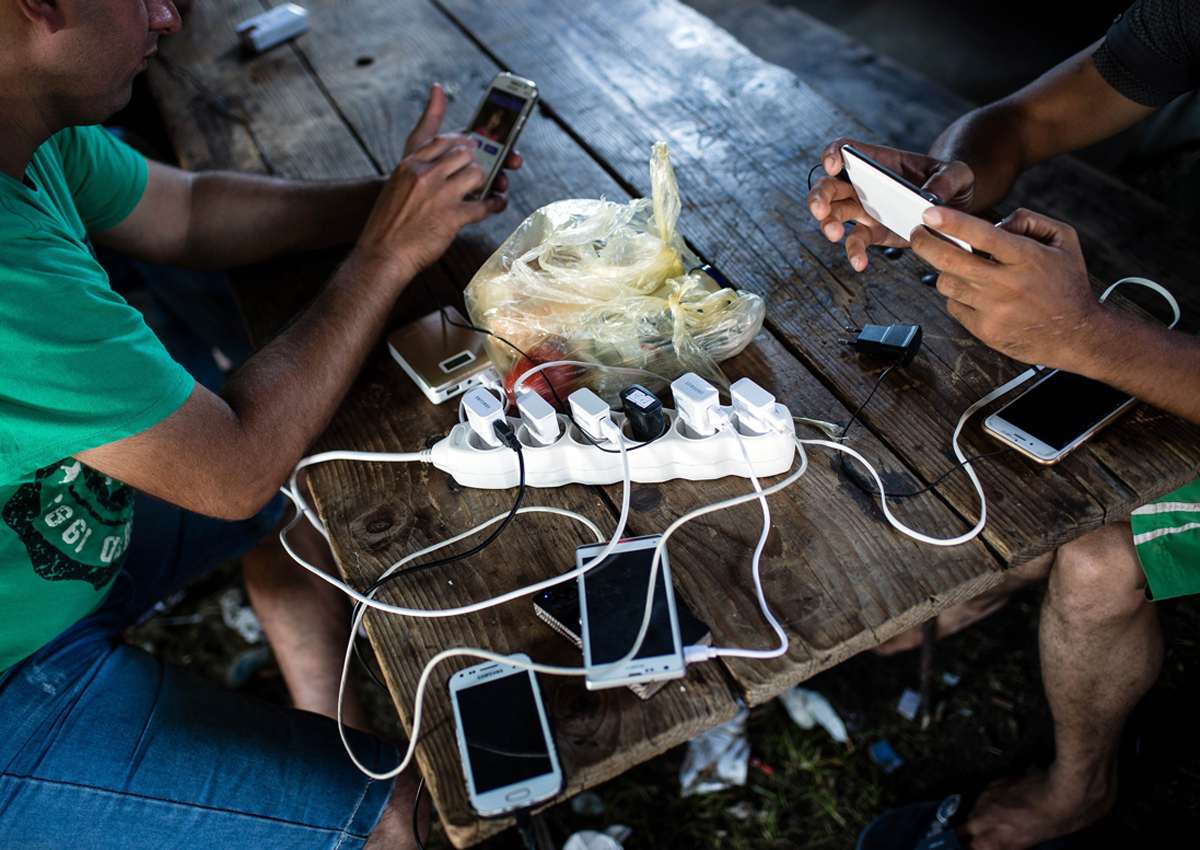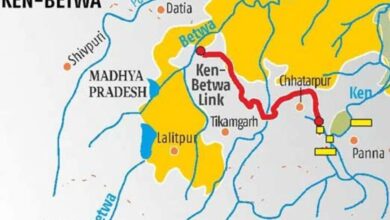The Potential Danger of “Internet Shutdowns”, a Treacherous Route to Dictatorial Control

In an age of extraordinary digital interdependence, India continues to stand in a concerning trend of ‘Internet Blackouts’. The worrisome tendency marks a series of stains in the very fabric of our democracy. Earning an unpleasant reputation of leading the list of the highest number of internet shutdowns, it is reported that out of 187 internet shutdowns in 2022, 84 of them took place in India alone.
This dictatorial reality seems more of an approach to silence away and muzzle the voices, opinions, cries, and concerns of the citizens of India.

Reports reveal that from 2012 to 2023, the Union Territory of Jammu and Kashmir experienced 442 internet shutdowns, followed by 97 in Rajasthan and 32 in Uttar Pradesh. The latest instance as of 4 August’23, comes from Nuh in Haryana which is a result of communal violence that gained momentum during clashes between the Hindu and Muslim communities.
Did any of the above events have a positive impact in bringing the violence to a halt by means of an internet shutdown? Unfortunately, aggression and violence continue to be the main floating points in the news bulletins.

What was formally an interim strategy to maintain tranquility has now evolved into a toxic instrument that the government conveniently runs back to time and again. Internet blackouts becoming an increasing phenomenon full of concealed strategies like slowing URLs, blocking specific internet or IP addresses, or limiting cellular data.
As opposed to meeting the original objective of minimizing conflict and instability, these internet restrictions have possibly failed to achieve the desired results while violence continues to be an ongoing phenomenon.
Additionally, these internet limitations and blackouts have brought about an entirely new category of complications with aggravated dissemination of false news and misinformation. While the internet remains shut, people tend to absorb hoaxed information without having the luxury to fact-check what is being conveyed.
This results in a favorable ground for conflict and a weak foundation of reality.
Unfortunately, it is the young and innocent citizenry that suffers the brunt of this tyrannical turbulence. These people who have had little to no participation in the conflicts and unrests, bear the cost of this unjust trap standing in the middle of the two parties. They suffer experiencing a sense of strandedness in this realm of fear where they have been stripped of their voice and access to the right information.
The civil populous pays a heavy cost as characters merely minding their own business still surrounded by the broader game of politics. The political pragmatism should be brought into question, for, a society that is just and humane, does not deserve to be repressed in their curtailing liberties.
Is it so far-fetched to implement an internet shutdown by not compromising the beneficial use that the internet brings along?
A Road to Totalitarianism
The unjust resort that the government deliberately chooses, by restricting the internet services in any region in the name of maintaining public order seems to be leading to an inevitable path to a developing dictatorial regime. It is significantly disturbing to witness how internet blackouts are gaining momentum ruining the core foundations of an open and democratic civil culture.
The state of Jammu and Kashmir went for a straight 550 days of cellular data blackout. It used to be only Jammu and Kashmir in the headlines regarding internet shutdown and now it is gaining momentum in every other region facing communal or any kind of unrest.
In the recent example of Manipur, the state experienced the longest internet shutdown in India in 2023, with more than 80 Days of continuous ban on the internet. To strategically cripple the power of the voices of the people, the government has been walking on the path which leads to a regime where freedom is concealed, transparency is minimized and individual liberties are infringed.
Reports reveal that the governments which are on the road to dictatorial control increasingly emphasize strengthening their legislative control over the Department of Telecommunications.
By taking control over the communication networks, the government strategically holds control over the flow of information and voices of the citizens. Such oppressive regimes tighten their hold on the flow of information, there is very little room left for open dialogues, human rights, and expression without restriction.
Risks and Repercussions
The government might rely on the unjust act of internet shutdown to deal with communal or violent incidents in the country, it is alarming to know the multitude of dangers that come annexed to the so-called ‘situational control’.
Beyond the direct risks of internet blackouts, instances of life-threatening consequences top the list. Increasing reliance on the Internet for emergency situations or being informed about what is happening around us emphasizes the very importance of internet to the civic society.

With the increasing reliance on the digital world, there is an unsaid interdependence between all spheres of society. Additionally, significant economic and monetary repercussions are faced by the public and those involved in the businesses.
Michelle Bachelet, the UN High Commissioner for Human Rights precisely points out the serious consequences of internet blackout in an ever more interconnected world. Cutting on the link to use online resources, bring irreversible damage to society with its effects spreading to all the spheres from monetary to civil and social rights of the people.
No Tools to Assess the Impact
It is highly surprising as well as alarming to know that there is no tool to assess the impacts of internet shutdowns across the country. The level of negligence is reflected in the fact that a mechanism to collect centralized data about state-imposed internet blackouts is completely absent. This deeply questions the accountability as well as the responsibility of those revered with the authority to take such actions.
How unfair is the system of legislative control over the lives of citizens who are not even given the basic right to know the reasons, time frame, and information related to measures taken in a timely manner?
The lack of data and clarity by the legislation raises doubts about their dedication to the citizenry.
It is highly concerning to see law enforcement being substituted by the trend of internet shutdowns. Such exploitation of power must be questioned to uphold the freedom of citizens. In no doubt, such measures must be chosen as a last resort in extreme emergencies only.

It is the ordinary people of the country who face the greatest impact of internet shutdowns. Concealed communication and restricted accessibility to information are clear damage to their fundamental rights. They inadvertently acquire the situation of victims in a system that values control over liberty, exposing and subjecting them to a vulnerable situation of poor governance.
The absence and lack of genuine data by the legislative authorities reflect a worsening scenario that lacks proper contemplation and accountability of the authorities. It is for the policymakers to realize the very importance of the internet in this digital age. A dire need for sincere revisions and improvements in the approaches used by the government must be given priority to uphold democratic values.




